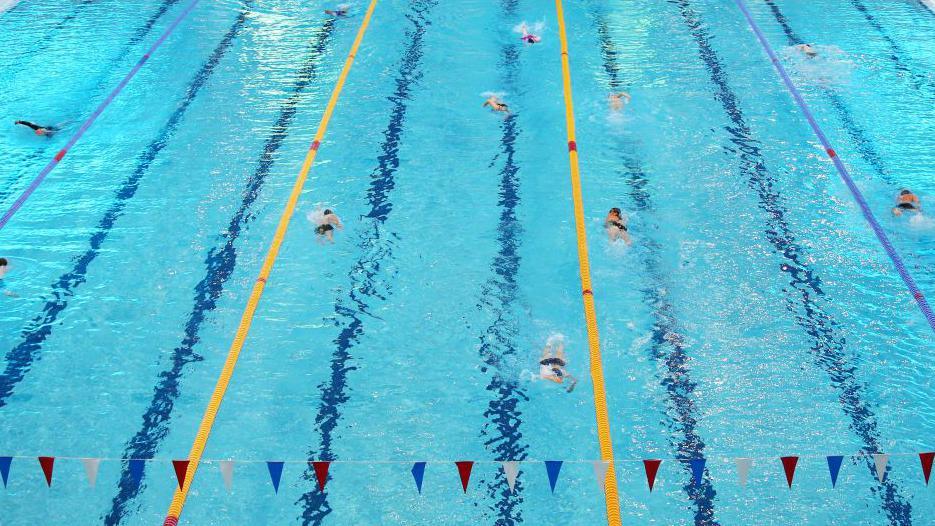In a significant collective move, leaders from the sport and physical activity sector have expressed grave concerns about the potential decline of facilities and clubs within their domain. In an open letter directed to Prime Minister Sir Keir Starmer, these leaders, which include notable organizations such as the Youth Sport Trust, the Sport and Recreation Alliance, as well as gym and leisure centre body Ukactive and the Sport for Development Coalition, voiced their alarm over potential government budget cuts. They underscored that without adequate funding and prioritization in upcoming government spending plans, the nation risks impairment in its sporting infrastructure.
The letter, which has garnered attention from various media outlets including BBC Sport, articulates a sense of urgency amid the impending Spending Review, a governmental framework designed to determine departmental budgets. The signatories consider this Review a pivotal opportunity to revitalize and fully harness the latent potential inherent in the sport, recreation, and physical activity sectors. The conveyance of their message is particularly focused on the multifaceted benefits that physical activity fosters—importantly pointing to its role in improving public health outcomes, enhancing community spirit, and driving economic productivity.
In their communication, the leaders assert, “Failure to do this [i.e., secure proper funding] will risk a reduction in physical activity levels, a negative impact on physical and mental health, greater health inequalities, and lower productivity.” The emphasis on these potential consequences reflects a broader understanding that sport and physical activity serve as vital components of societal wellness and cohesion.
In response, a government spokesperson acknowledged the importance of accessible sports and physical activity, emphasizing the commitment to delivering a plan that aims to cultivate a more active nation. They highlighted intentions to revive grassroots sports clubs within communities and provide young individuals with an advantageous start in life. This response, while supportive, may also serve to quell mounting concerns from the sector.
Historical trends highlight an ongoing crisis in physical activity facilities; for instance, Ukactive and Swim England have reported the closure of over 200 swimming pools across the nation since 2020. This alarming statistic underscores the stakes involved in the conversations, with implications for young athletes, community gatherings, and public health.
The letter further calls upon Starmer’s appreciation for the unifying power of sport. They note how sports and physical activity contribute immensely to individual happiness and health, as well as encapsulating a transformative capability for society as a whole. With poignant references to the success of last summer’s Olympic and Paralympic Games, the signatories aimed to prod the Prime Minister to reflect on these opportunities.
Moreover, they draw attention to the economic potential of the sector, which reportedly generates more than £107 billion annually. Yet, despite this substantial contribution, the letter points out that significant areas of potential remain under-exploited. An additional highlight is the UK’s standing among European nations concerning physical activity levels—ranking 11th out of 15 comparably sized nations—with participation disparities noted among different demographic groups and communities.
In a recent report by Sport England, there was a revelation that, while record numbers of participants are now engaged in sports and physical activities, much work remains to be accomplished. This assertion resonates with the overarching narrative of the letter, which calls for renewed focus and investment in the sports sector to foster equity, opportunity, and community well-being.
In conclusion, the plea from the sport and physical activity sector to the government echoes a vital call for strategic investment and prioritization in the realm of sports. The implications of neglecting this sector are broad and severe, potentially impacting all levels of society from community clubs to youth experiences, thereby underscoring the necessity for action in the upcoming Spending Review. This situation serves as a critical reminder of the profound role physical activity plays in enhancing both individual lives and the larger fabric of society.



